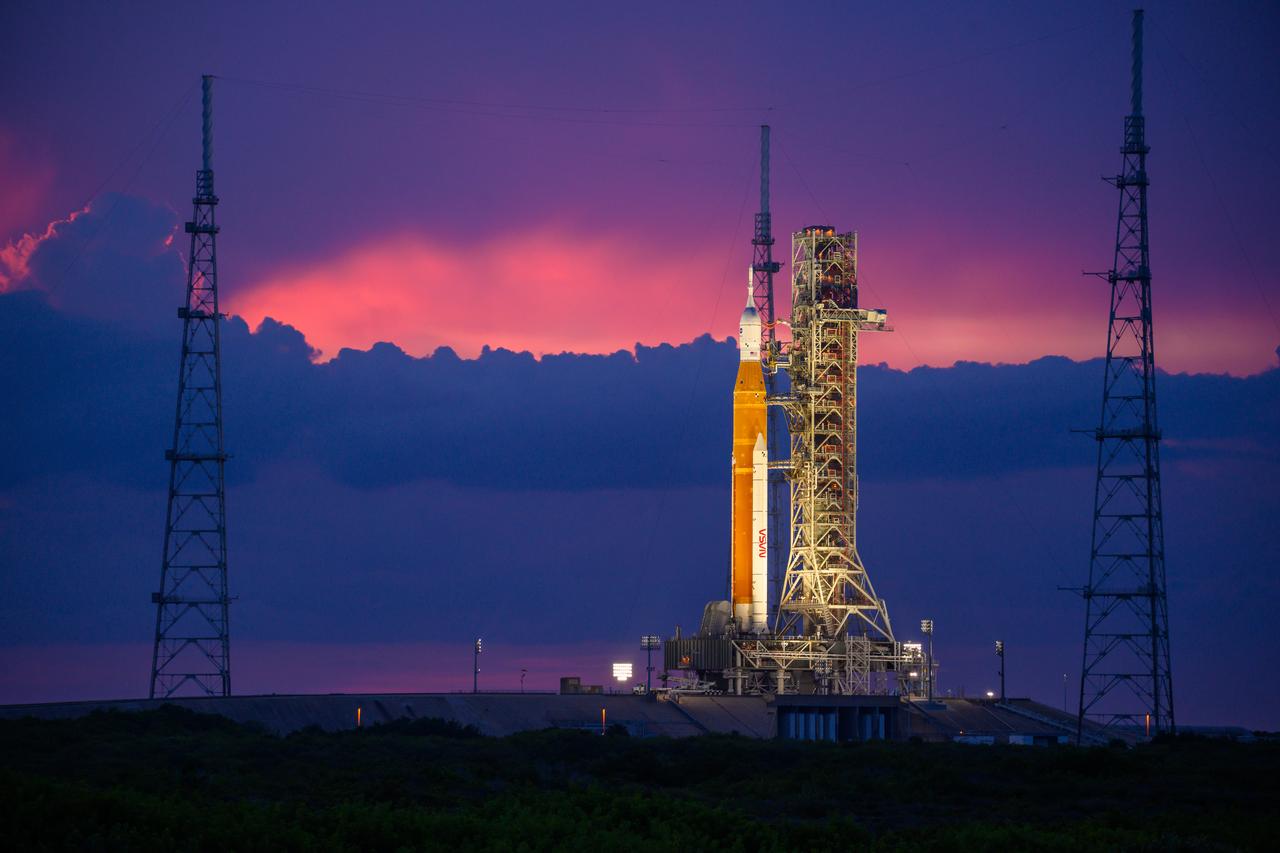Nasa ready for second attempt to launch Artemis 1 moon mission
The launch was originally planned for August 29 but had to be abandoned moments before lift-off due to issues with an engine.

Your support helps us to tell the story
From reproductive rights to climate change to Big Tech, The Independent is on the ground when the story is developing. Whether it's investigating the financials of Elon Musk's pro-Trump PAC or producing our latest documentary, 'The A Word', which shines a light on the American women fighting for reproductive rights, we know how important it is to parse out the facts from the messaging.
At such a critical moment in US history, we need reporters on the ground. Your donation allows us to keep sending journalists to speak to both sides of the story.
The Independent is trusted by Americans across the entire political spectrum. And unlike many other quality news outlets, we choose not to lock Americans out of our reporting and analysis with paywalls. We believe quality journalism should be available to everyone, paid for by those who can afford it.
Your support makes all the difference.Nasa will try to launch its latest moon rocket on Saturday after a failed attempt earlier this week.
Initially planned for August 29, the launch had to be abandoned moments before lift-off due to a temperature problem in one of the engines.
Nasa is now targeting 7.17pm (BST) for the launch of Artemis 1, the first integrated test of the agency’s Space Launch System (SLS) rocket, Orion spacecraft, and the ground systems at the agency’s Kennedy Space Centre in Florida.
The test is an uncrewed mission around the moon that will pave the way for a crewed, flight test and future human lunar exploration as part of Artemis.
Meteorologists with the US Space Force Space Launch Delta 45 predict a 60% chance of favourable weather conditions at the beginning of the two-hour launch window.
The 322ft (98m) tall Space Launch System (SLS) rocket, which is the world’s most powerful rocket to date, is due to take the Orion capsule, powered by the Airbus-built European Service Module (ESM), into the moon’s orbit.
The flight, which will carry mannequins rather than astronauts, marks the next chapter in putting humans back on the moon.
There will be people on board for subsequent missions, with the first crewed flight into space scheduled for 2024.
The UK is part of the Artemis programme, making contributions to the Lunar Gateway – a space station currently in development with the European Space Agency – working alongside the US, Europe, Canada and Japan.
Humans last reached the moon some 50 years ago, and the latest mission is about proving people can make longer and more sustainable trips there.
It will also assess whether some infrastructure can be built on and around the moon, allowing humans to survive on another planetary body.
The mission duration is 37 days, 23 hours, 53 minutes and in total it will travel 1.3 million miles.